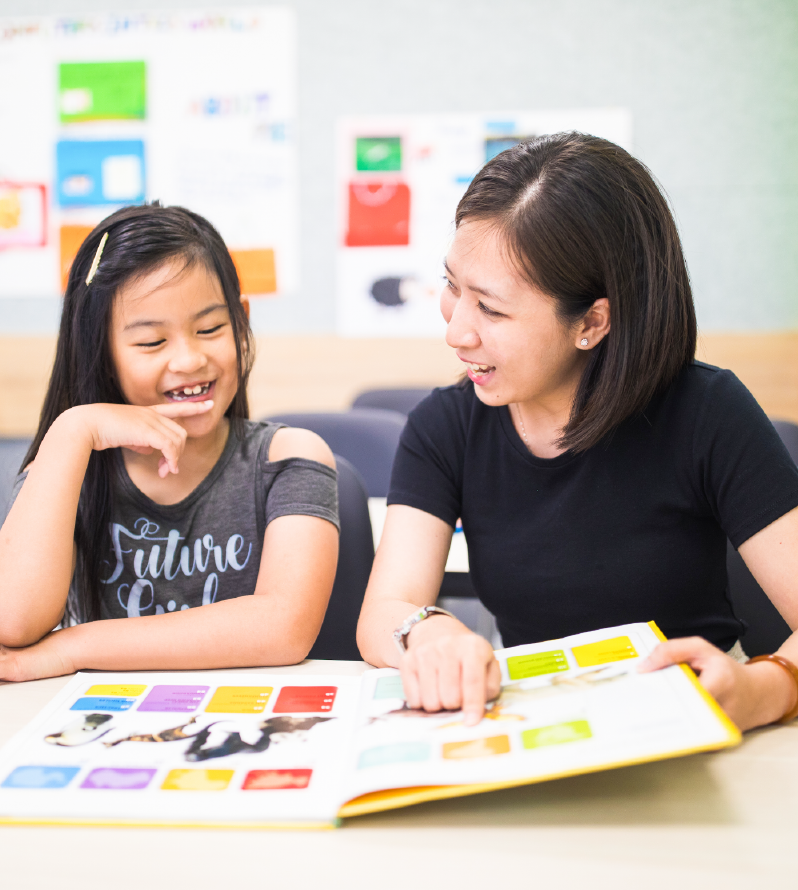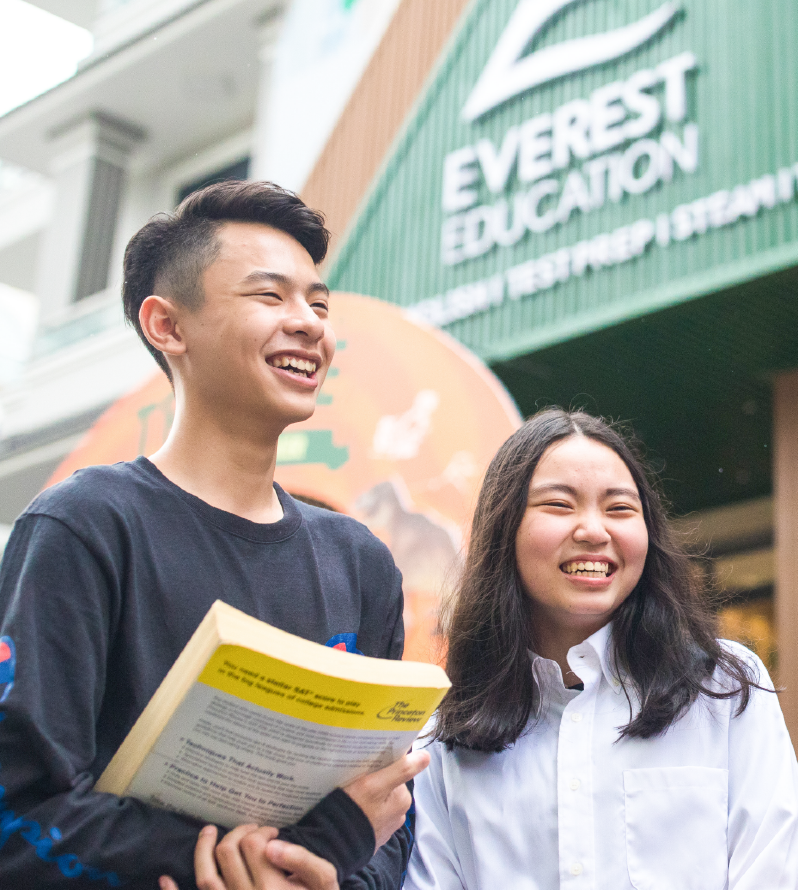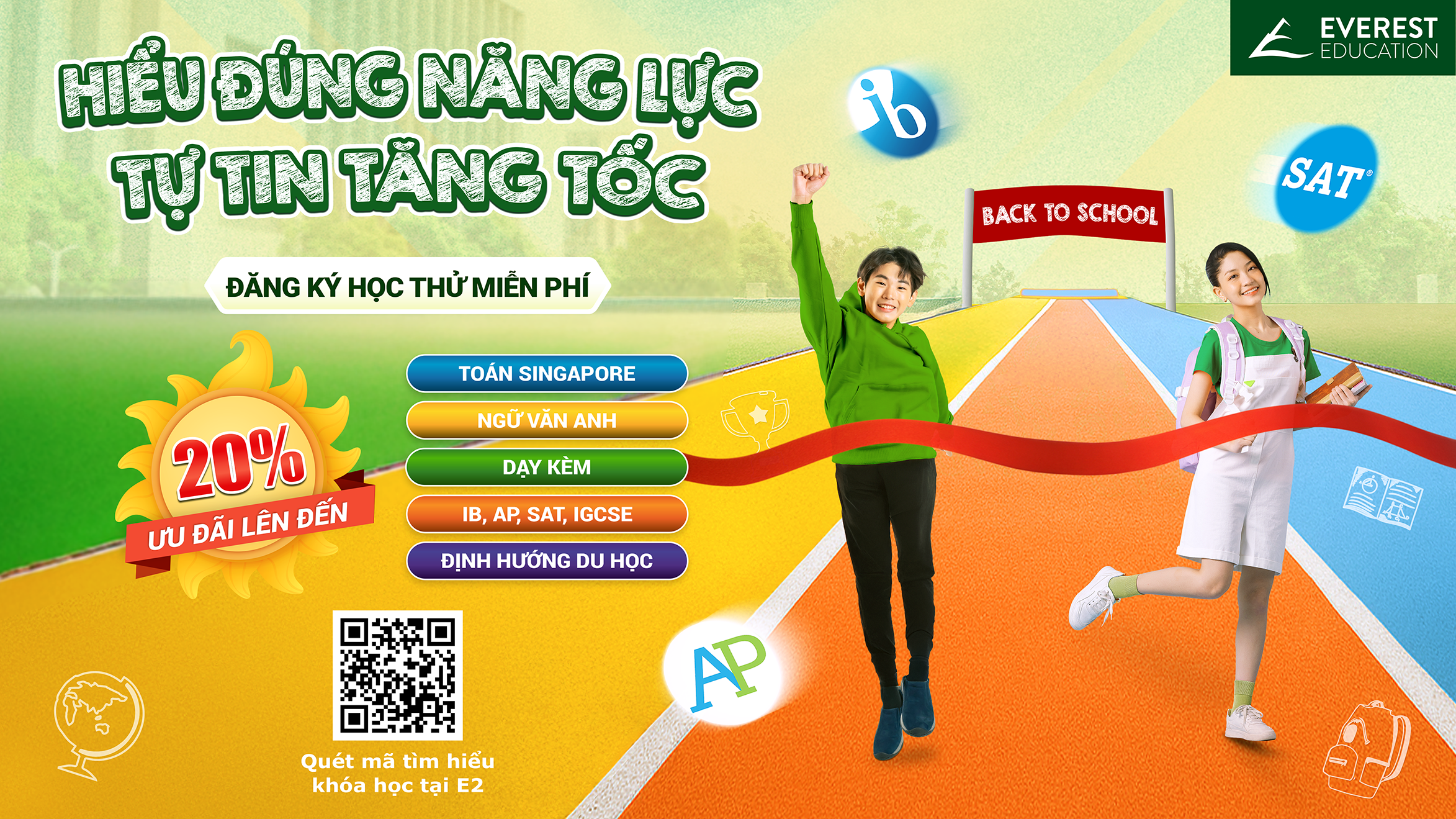2. Ask yourself what you want to focus on improving next year
The end of the school year is a perfect time to think about implementing new strategies. Think of the end of the school year as the time to map out your training schedule. Is there anything you need to improve? A skill or content you want to learn more about? Maybe it’s about joining a community service to give your college application a boost? Or developing soft skills, like delivering a great speech in front of the public? Add it to the list. This will also set you up for a productive summer vacation while still having time to enjoy, distress, and relax.
With extra daytime hours, summer is also the chance for you to narrow the “achievement gap”. If you’ve got gaps in your knowledge from the material you’ve already covered, this is going to make it even more challenging to stay up to date, prevent yourself from falling behind, and help you prepare for your first lot of assessments. On the contrary, continuing good learning habits over the summer positions students to succeed in the coming school year and can even put them ahead of your peers.
If you are a rising junior or senior about to study abroad, summer offers an opportunity for a slow and steady approach to test preparation. Spending your summer solely preparing for standardized tests, such as SAT or IELTS, is not impactful in terms of strengthening your application, but interspersing some test prep in between your regular summer activities can go a long way toward helping you reach your goal score.
3. Compile a summer reading list
During the school year, most of the books students read may be assigned for class – now’s the time to choose something you truly enjoy. Summer gives you the chance to spice things up by reading that is more fun and tailored to your own interests. Long hazy days of summer provide the perfect reading conditions. It is also the perfect time to strengthen your reading skills, retain knowledge and skills learned in the previous school year.
Researches show that students who don’t read are at risk of falling behind their classmates. Just like exercising keeps muscles in shape, reading keeps the brain in shape. If you don’t exercise, you lose muscle, and if you don’t read, you will lose literacy skills. Reading over the summer is not a suggestion to keep students busy; it’s a critical requirement to help you stay on track for their entire educational career and beyond. It goes without saying that a few simple strategies help set you up for success:





















